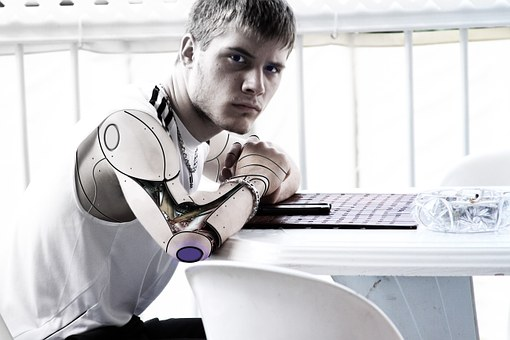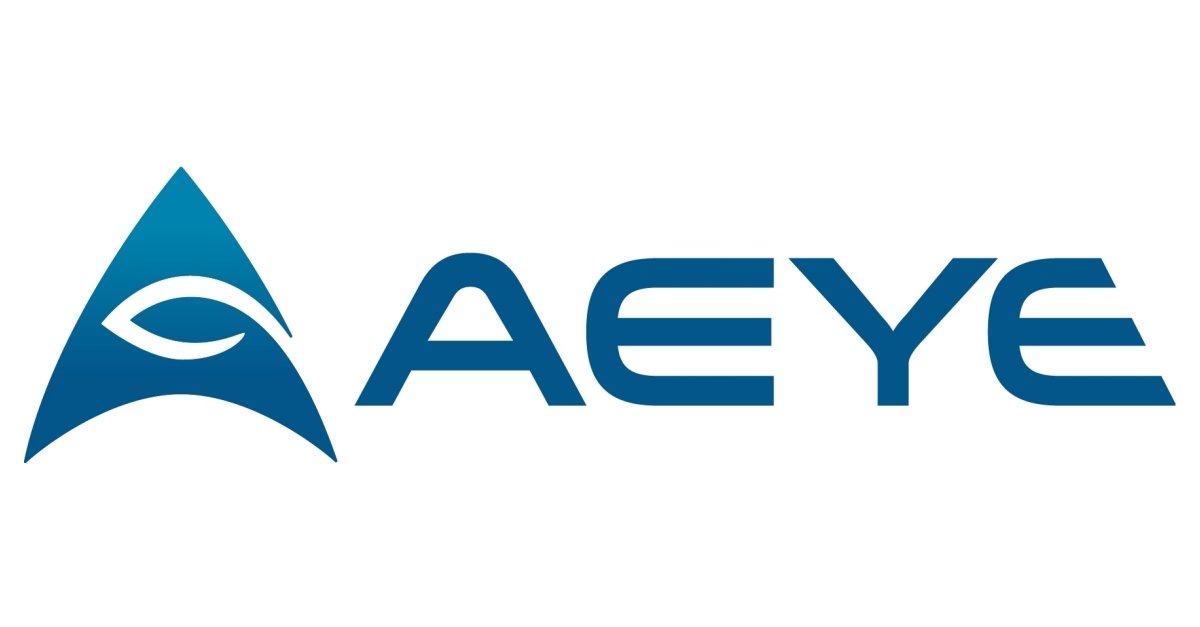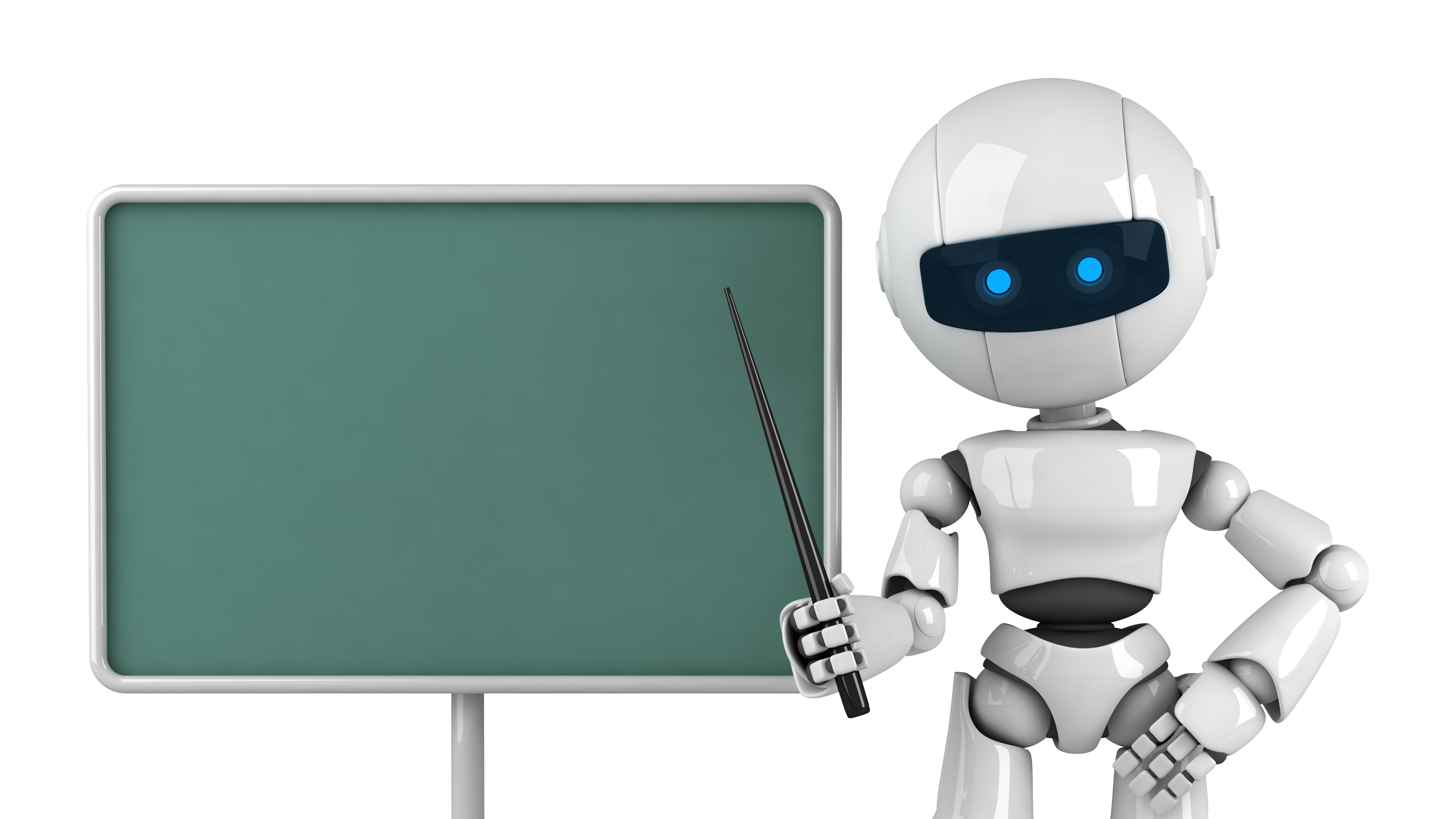
Robot companion pressure is the latest technology threat to children
Now there are robots that are able to take a child with a conversation, help in learning a foreign language or an oral account. The development of artificial intelligence technologies will make robots more social, and one can imagine that in the near future they will become habitual assistants to teachers in schools. But how do children themselves perceive robots? And what really robots can teach children and how will they affect them?
To understand how the relationship between children and robots will develop, scientists from the University of Plymouth and Bielefeld University turned to the work of psychologist Solomon Asha, who in the middle of the last century studied the interaction of people and the propensity to conformism. Ashe showed the participant of the experiment several lines, which had to be compared in length. At the same time, the person was among other people who, at the request of the experimenter, gave knowingly incorrect answers. It turned out that in view of the collective opinion of the group, the participants of the experiment most often also gave incorrect answers.
For children, on the one hand, the authority belongs to the teacher, on the other – for them the opinion of peers is important. In addition, it is known that young children are happy to contact robots androids. Anna-Lisa Vollmer and her colleagues compared how weighty for people of different ages will be the opinion of a group of peers and groups of androids. As in Asha’s research, the participants of the experiment were surrounded by “podsadnye ducks” – people and androids, who gave incorrect answers even in cases when the length of the lines was very different.
At first, the researchers looked at the behavior of adults. In the group of peers, adults obeyed a common opinion and often gave incorrect answers dictated by others. With robots it was all different – their influence the adult person did not obey.
But the younger schoolchildren, who were from seven to nine years old, were subject to the social pressure of their peers, and to the social pressure of robots androids. On their own, children gave correct answers on average in 87% of cases, while being in the company of robots “liars” – in 75% of cases, as the authors of the article write in their article in Science Robotics .
This effect has both positive and negative sides, the researchers believe. Of course, the influence of robots can be used for training and education, but at the same time, robots can provoke not very good behavior or lay beliefs in the child that are needed not so much for him as for someone else. However, robots, even the smartest, can not come up with any convictions themselves, so the inappropriate behavior of robots still rests on the “human factor”.



